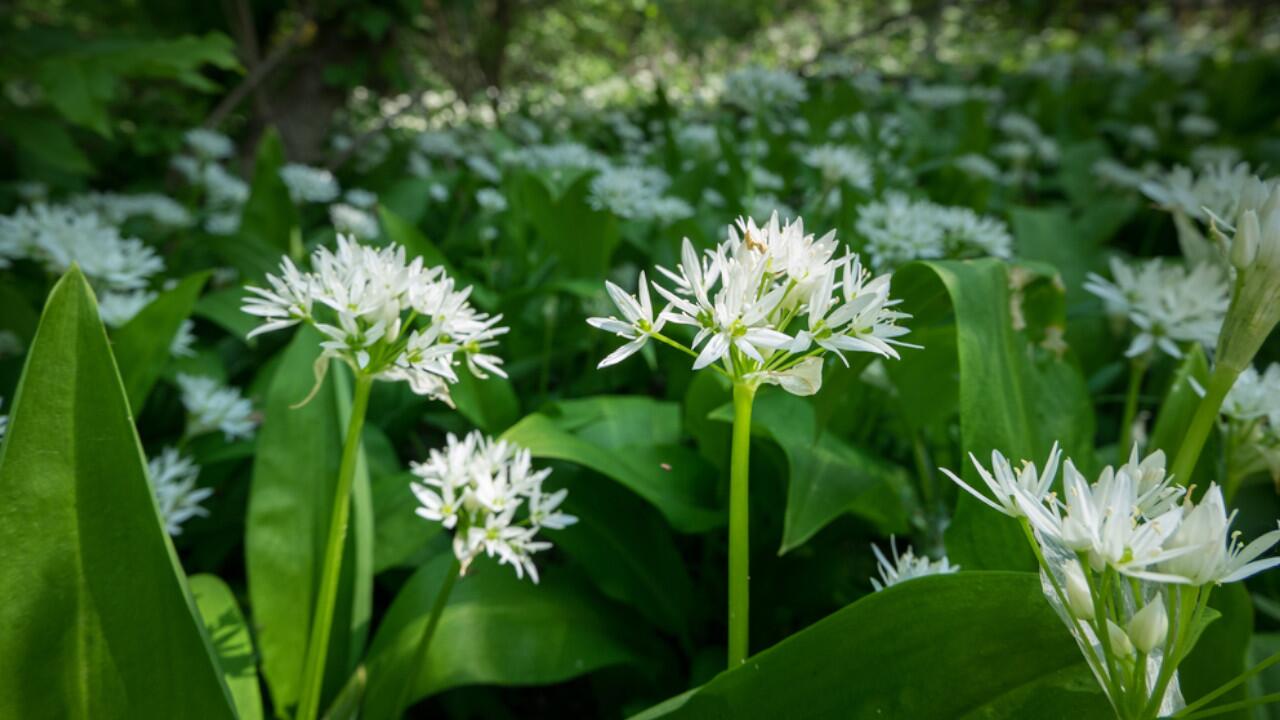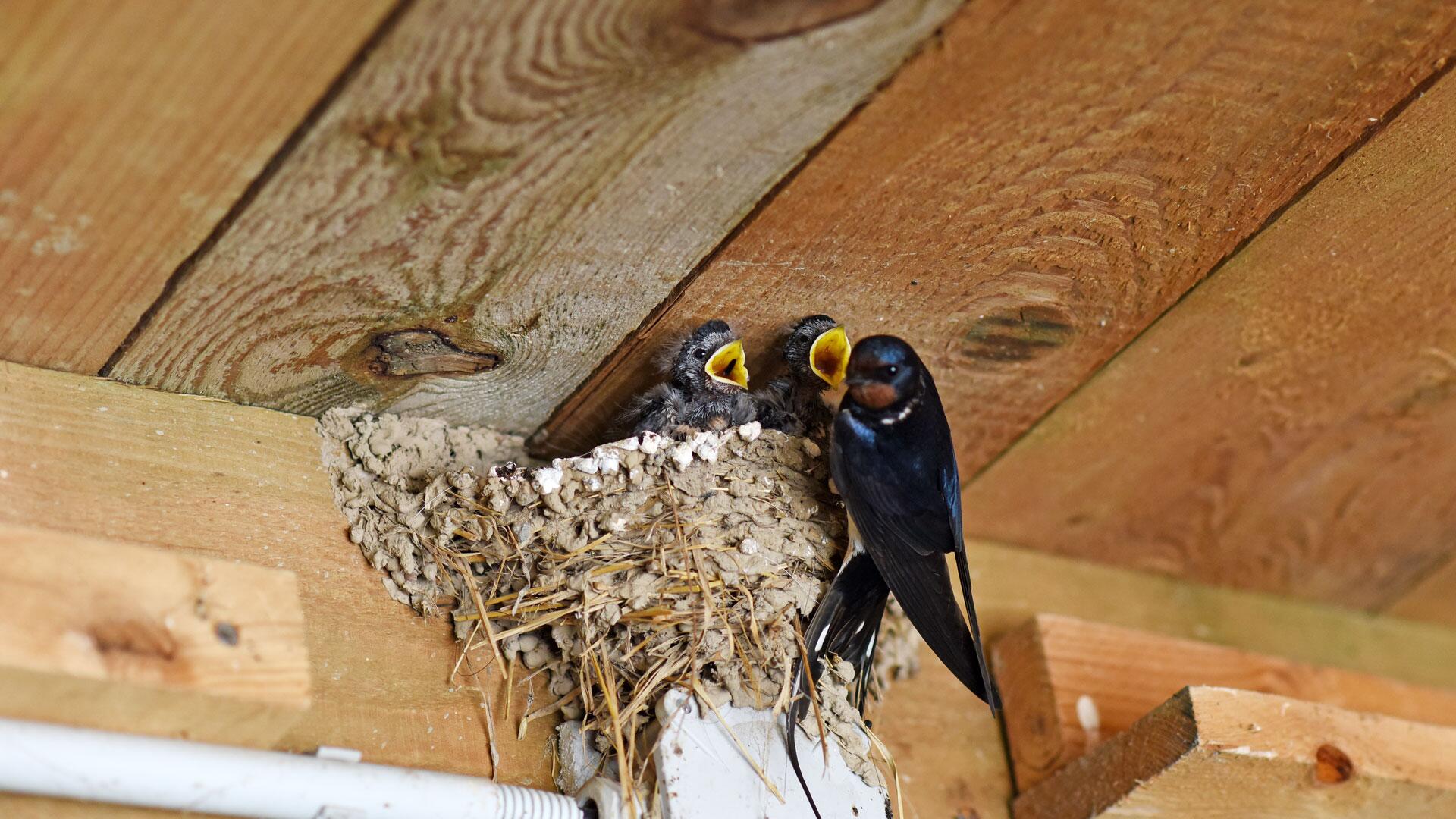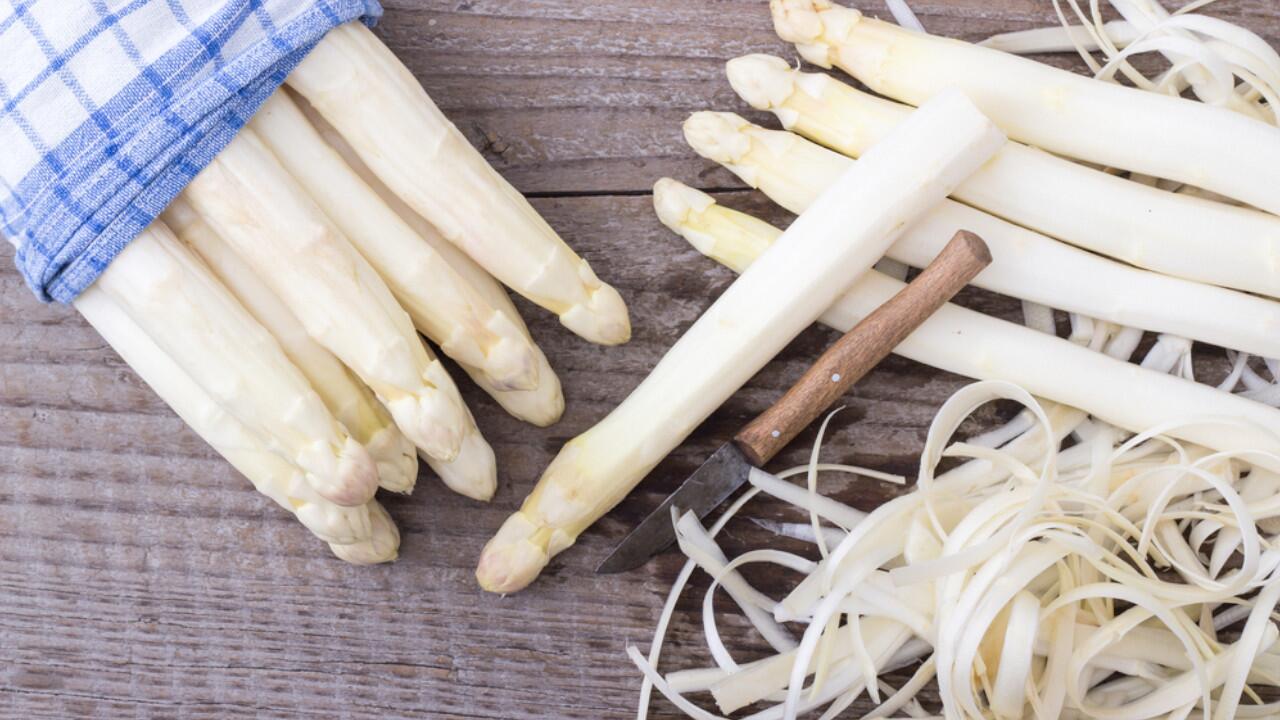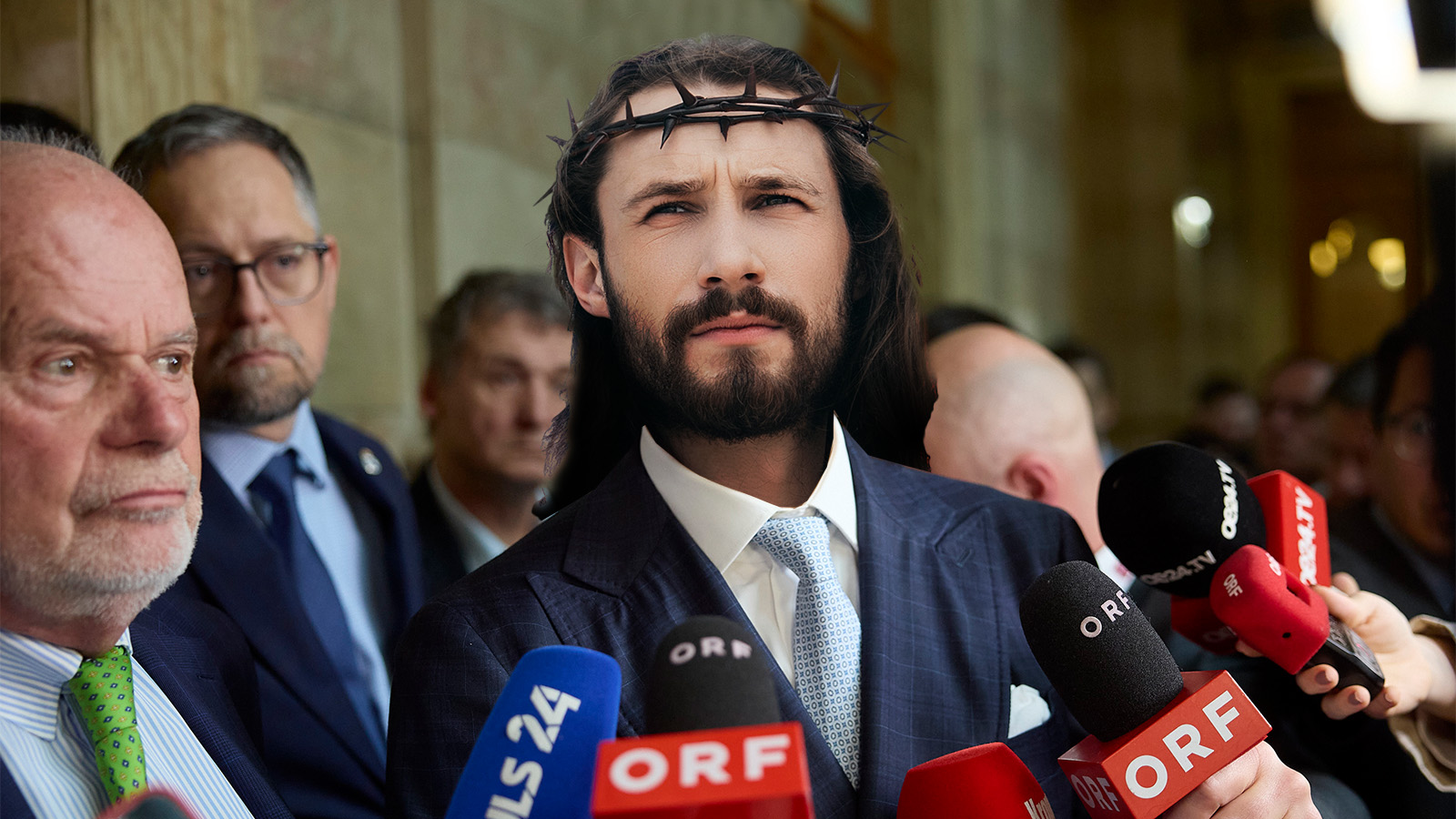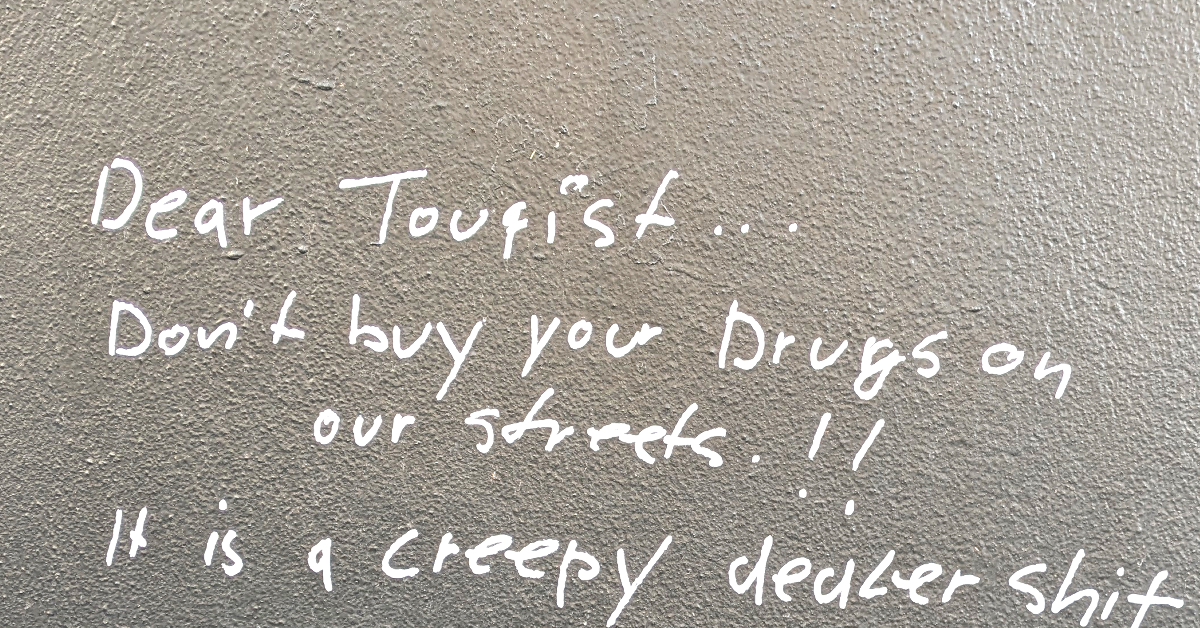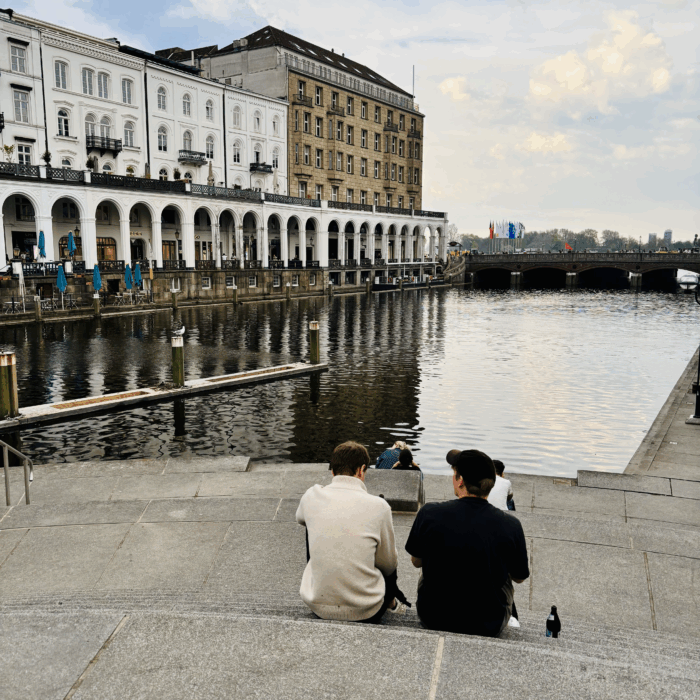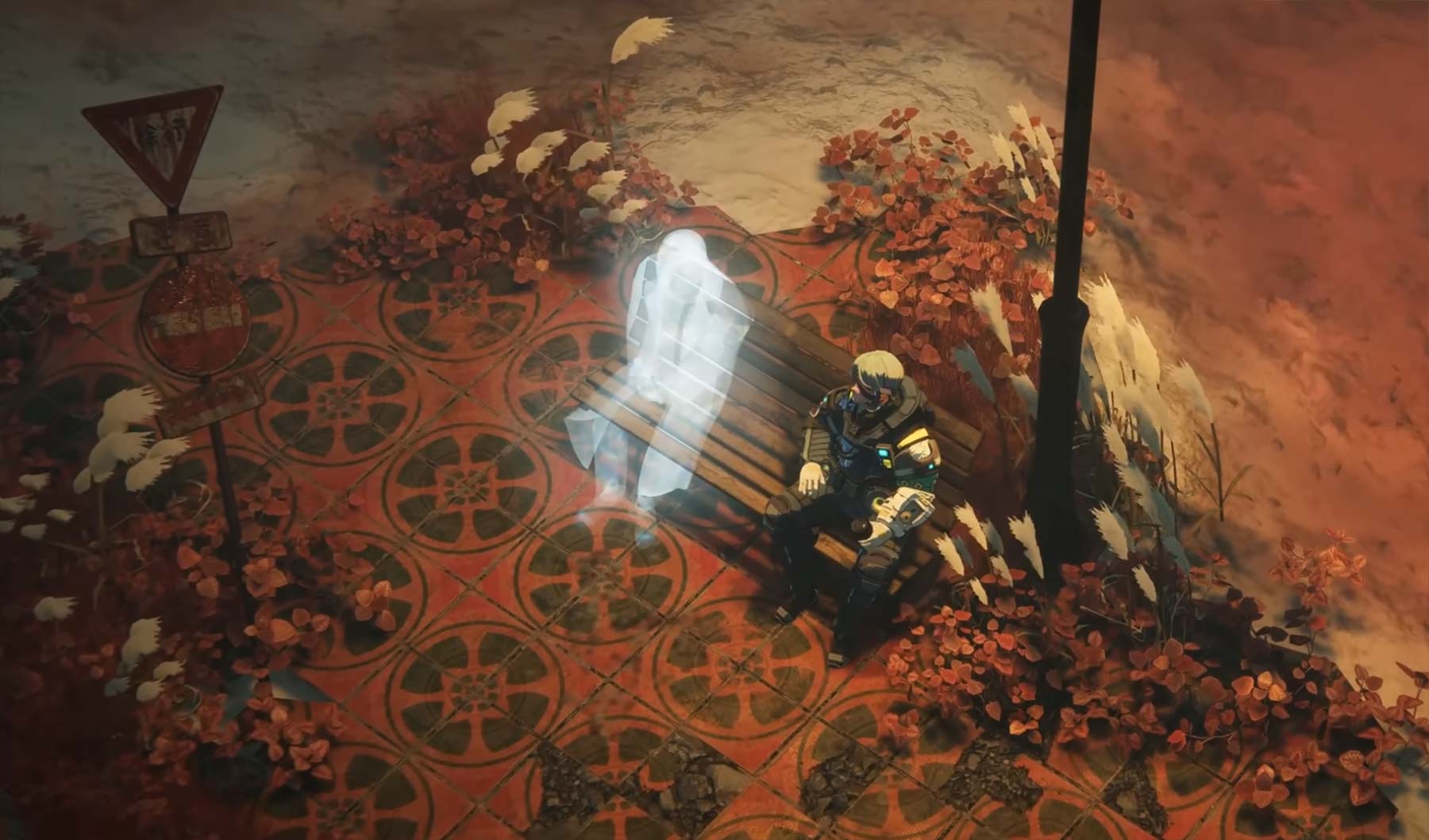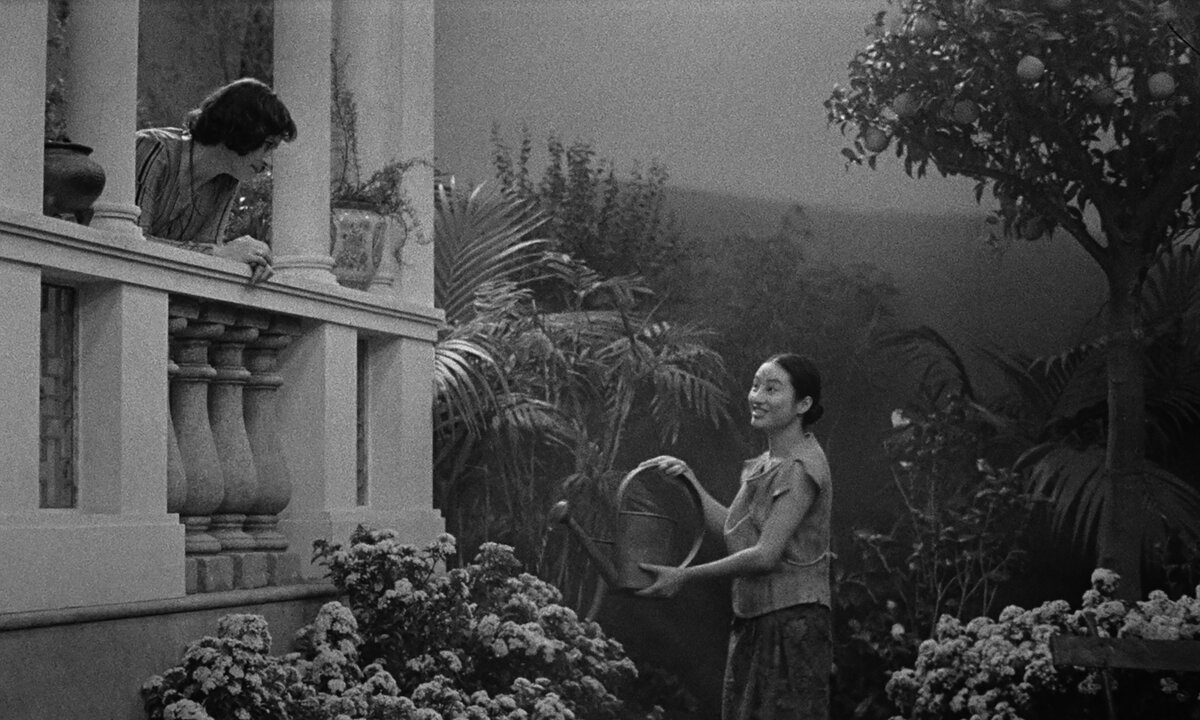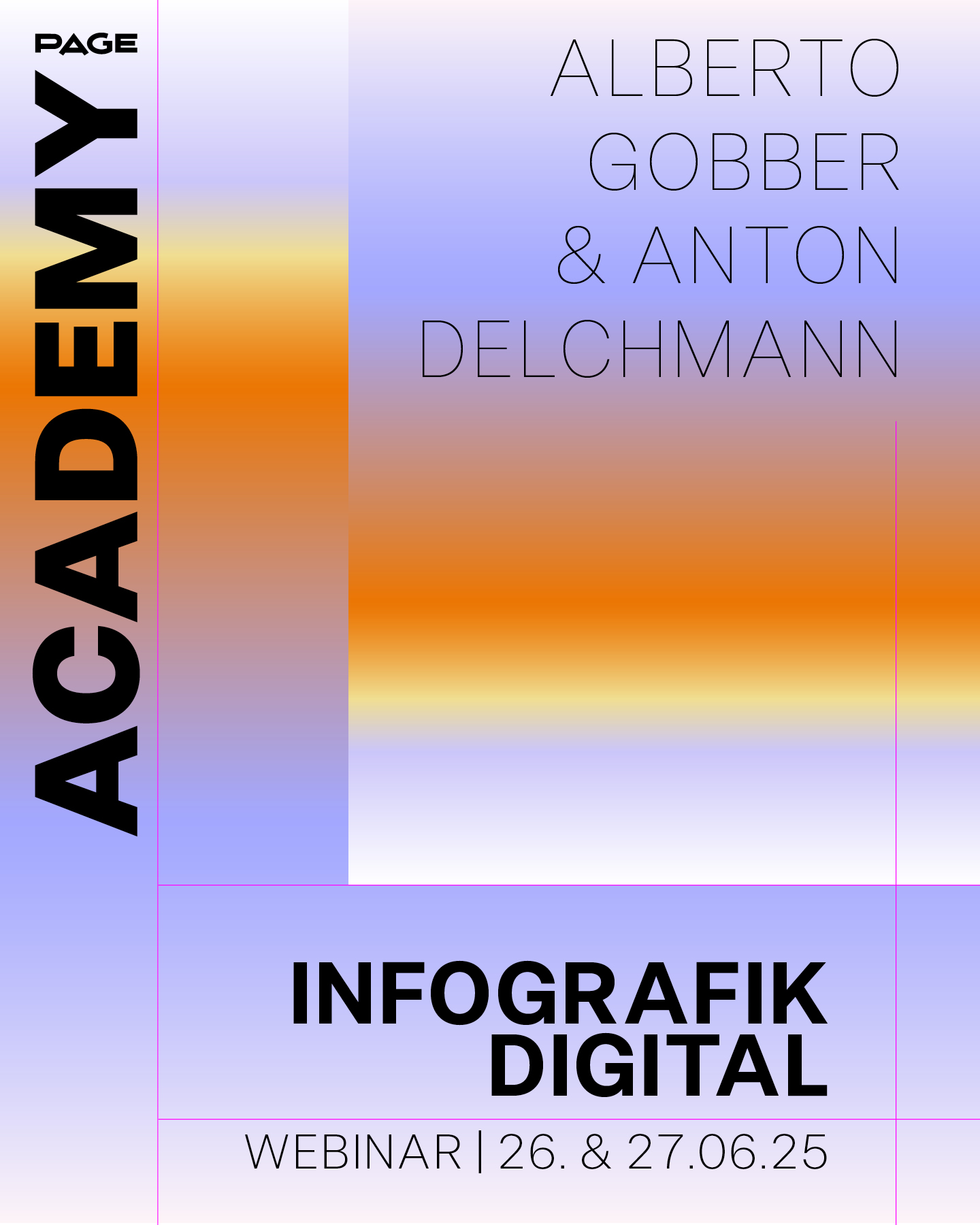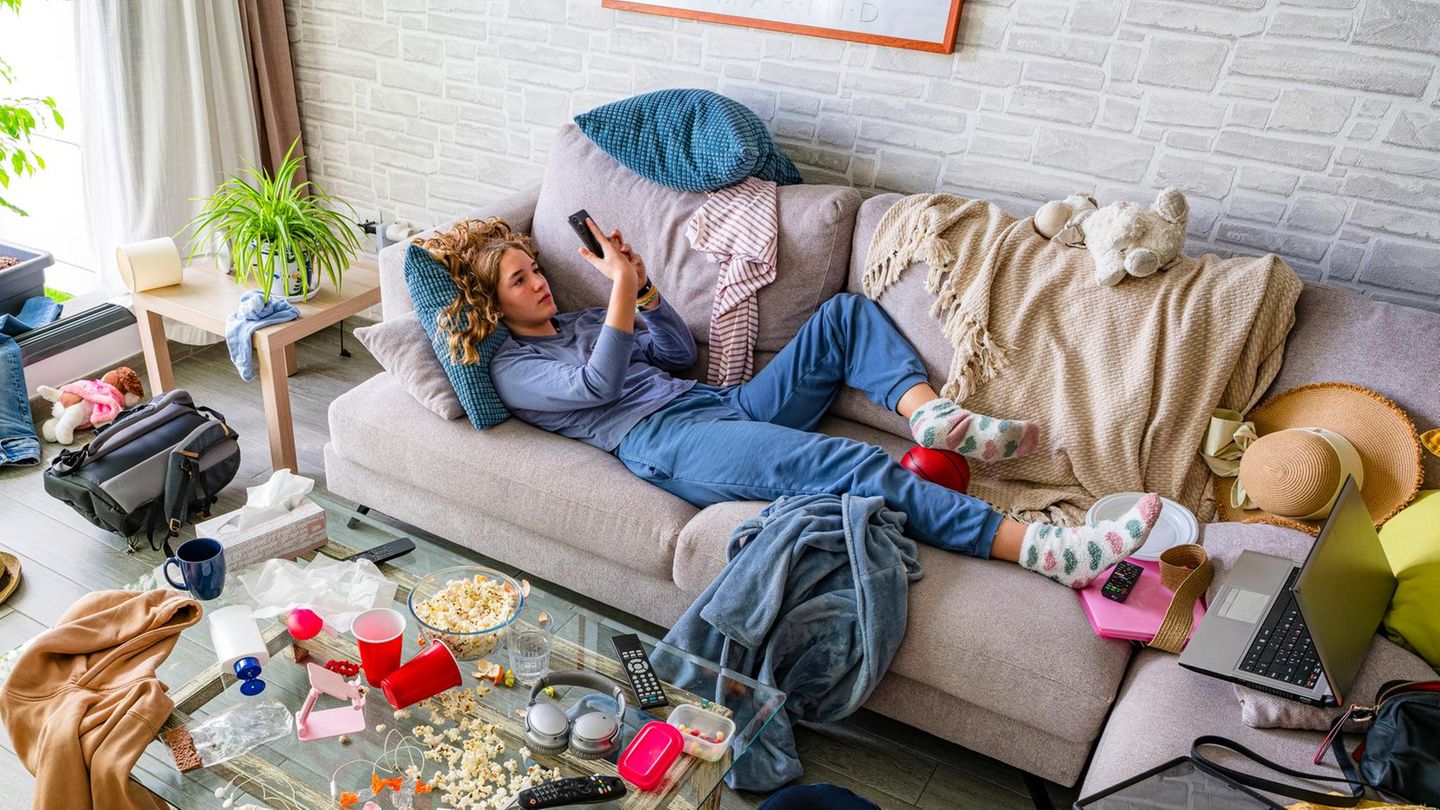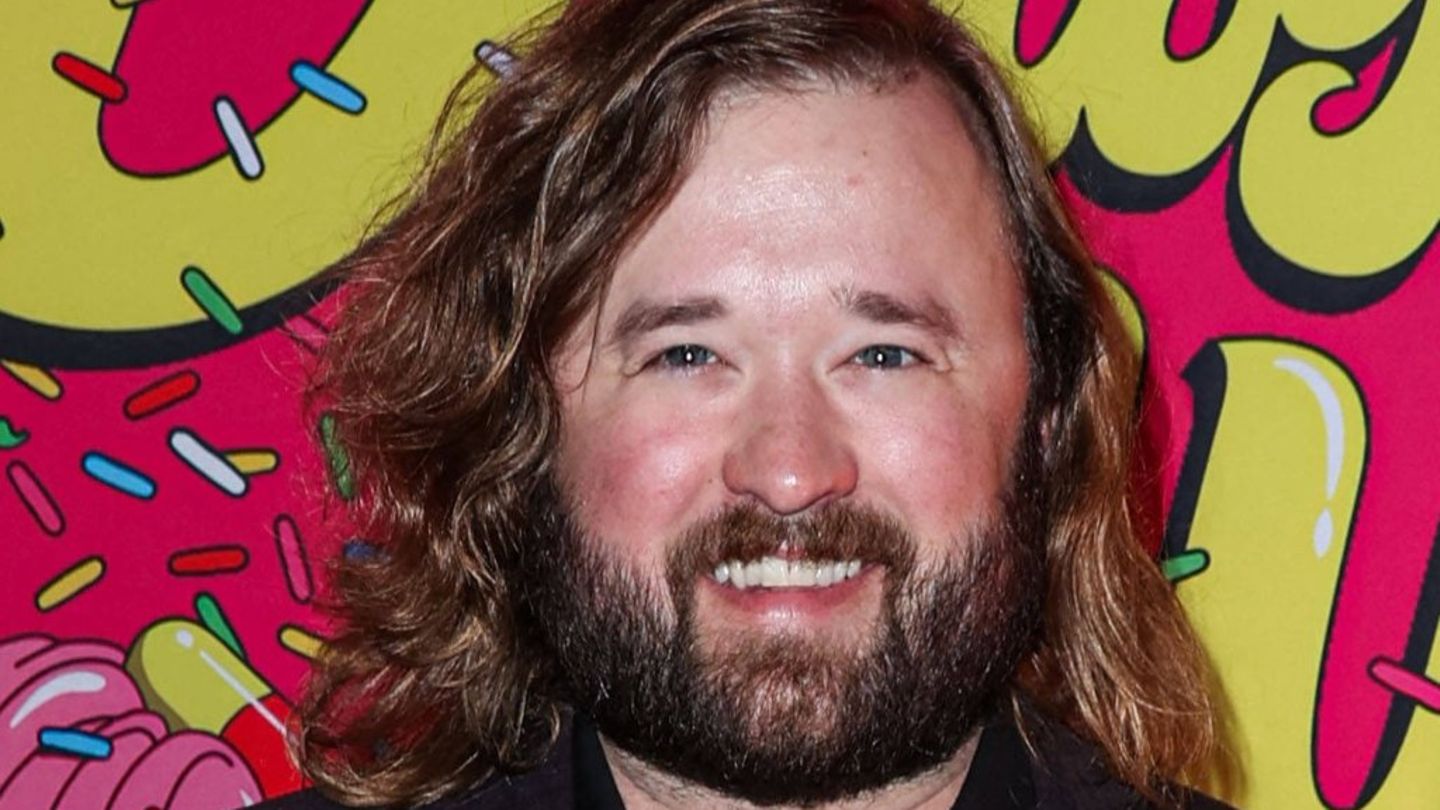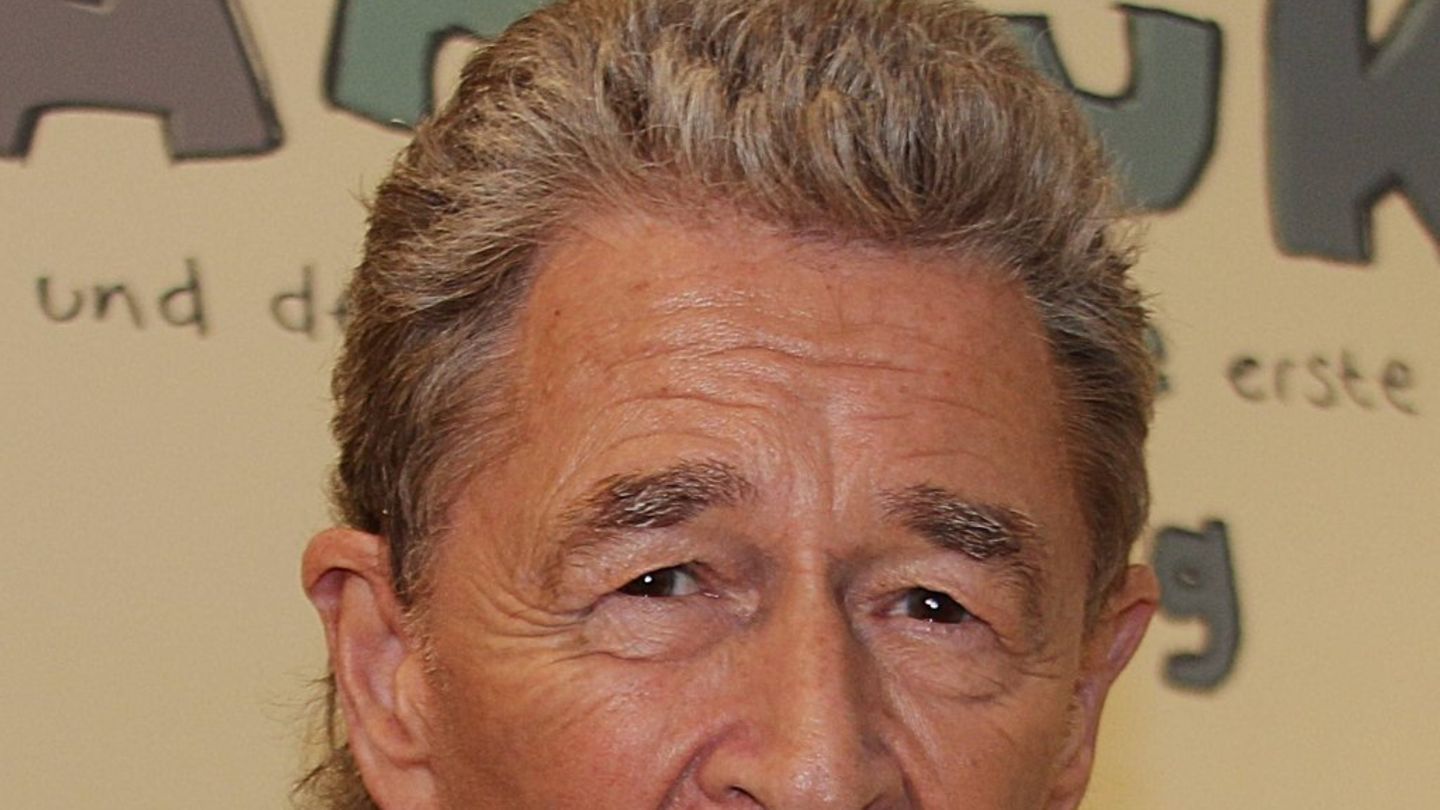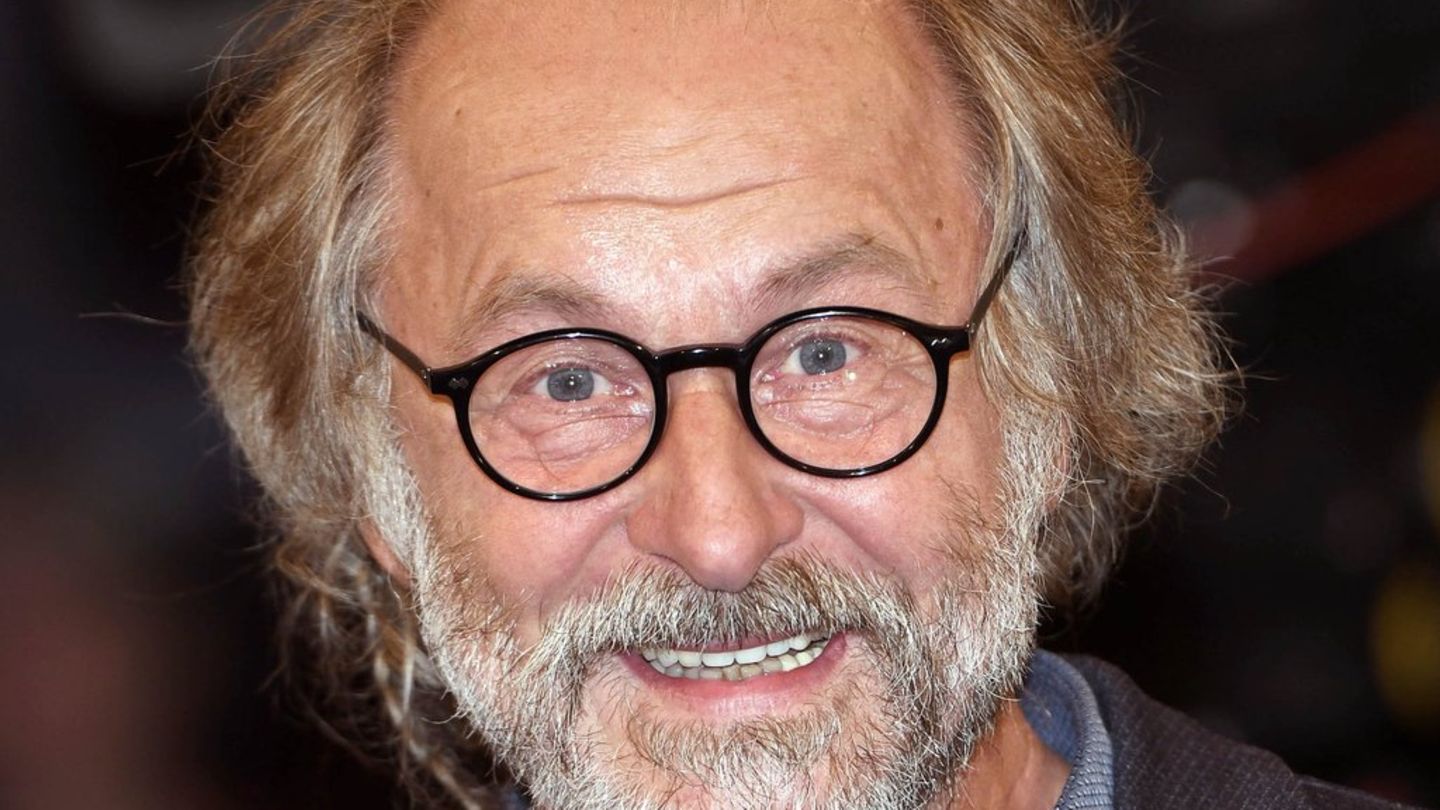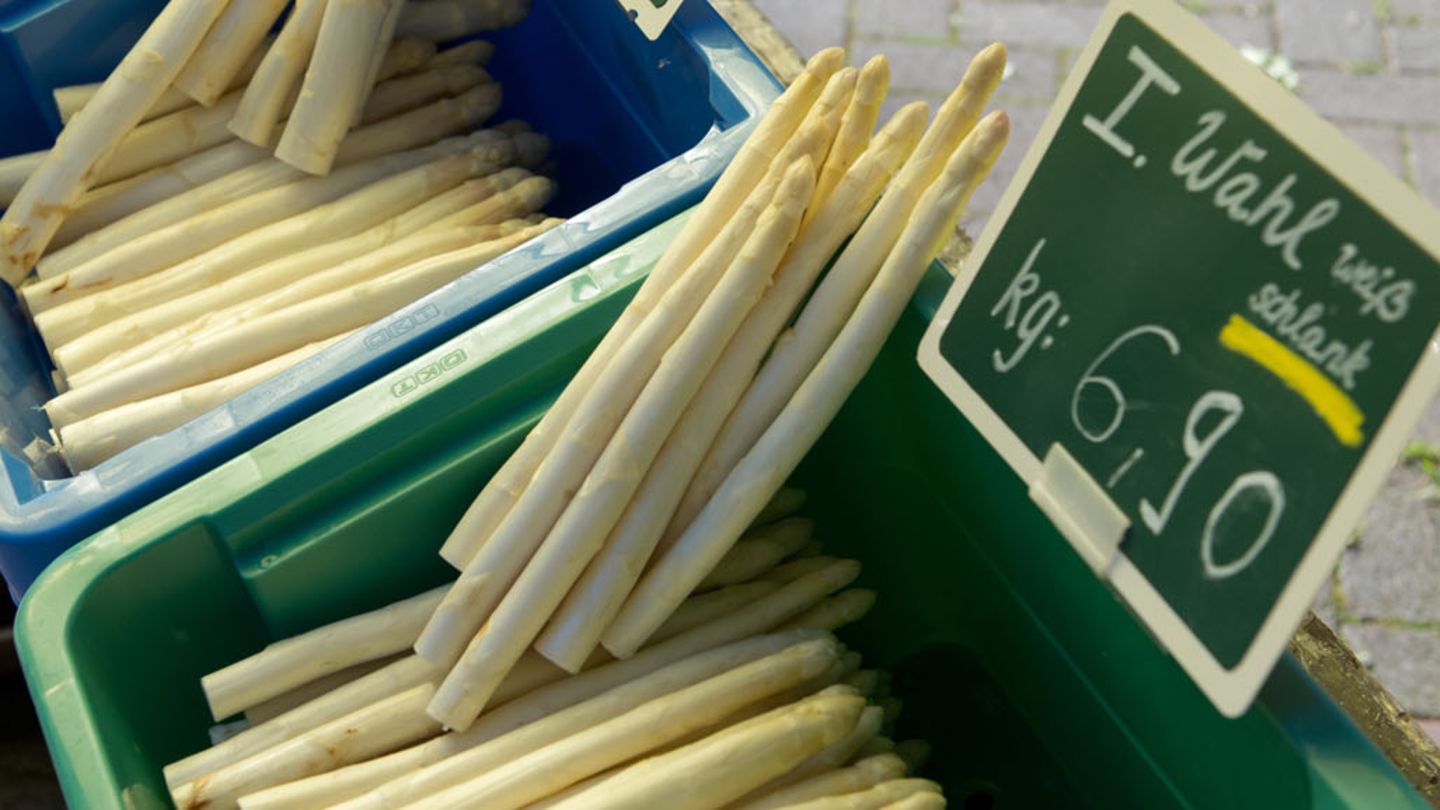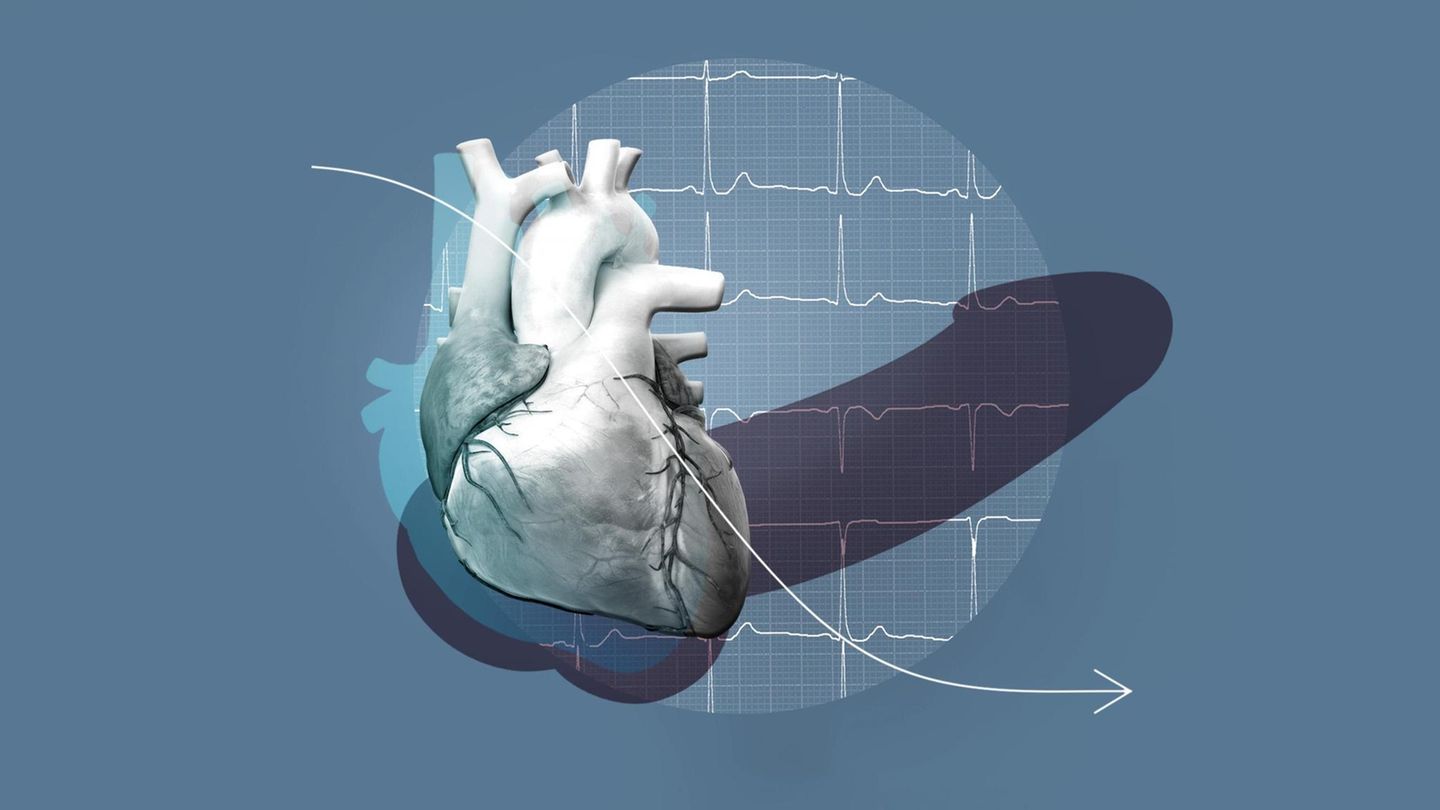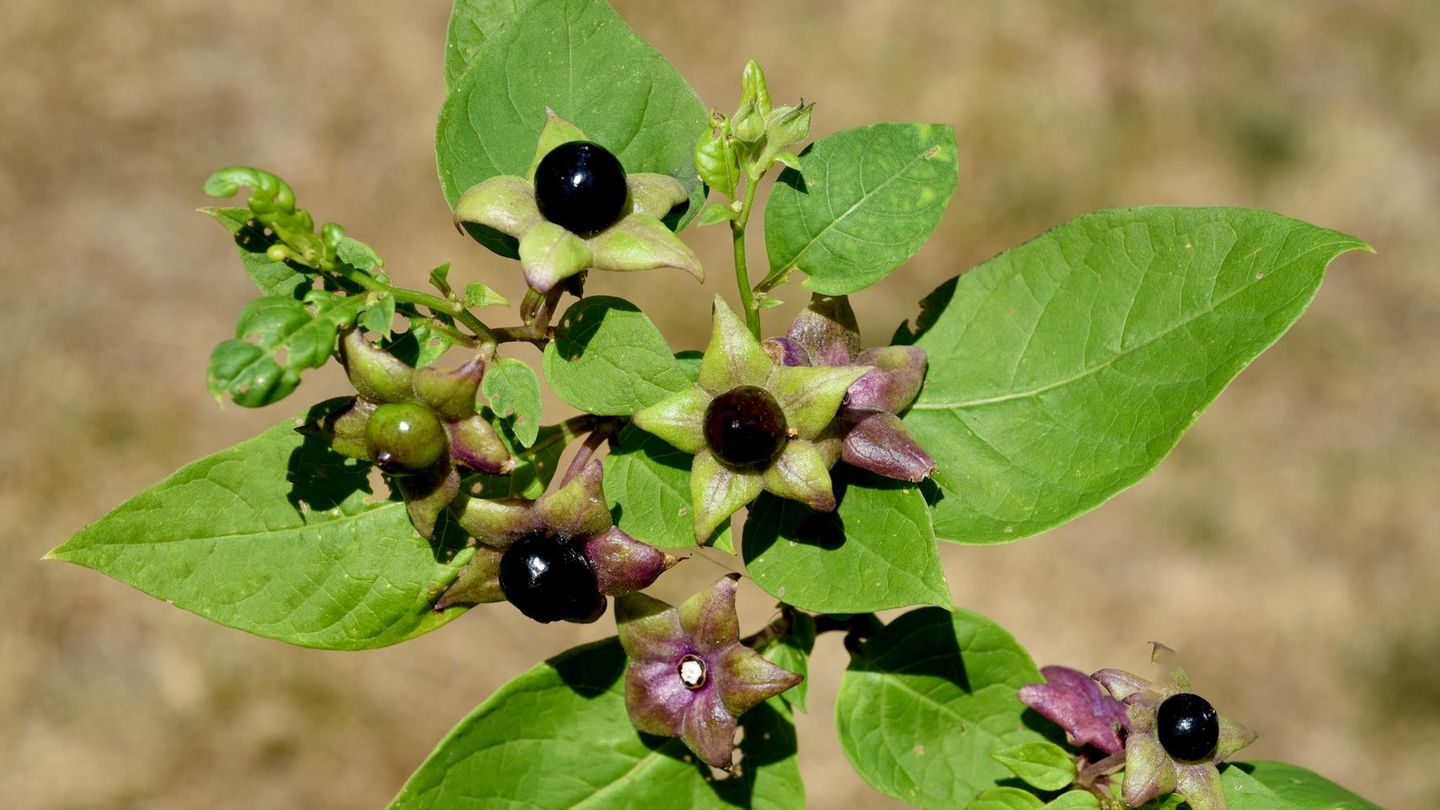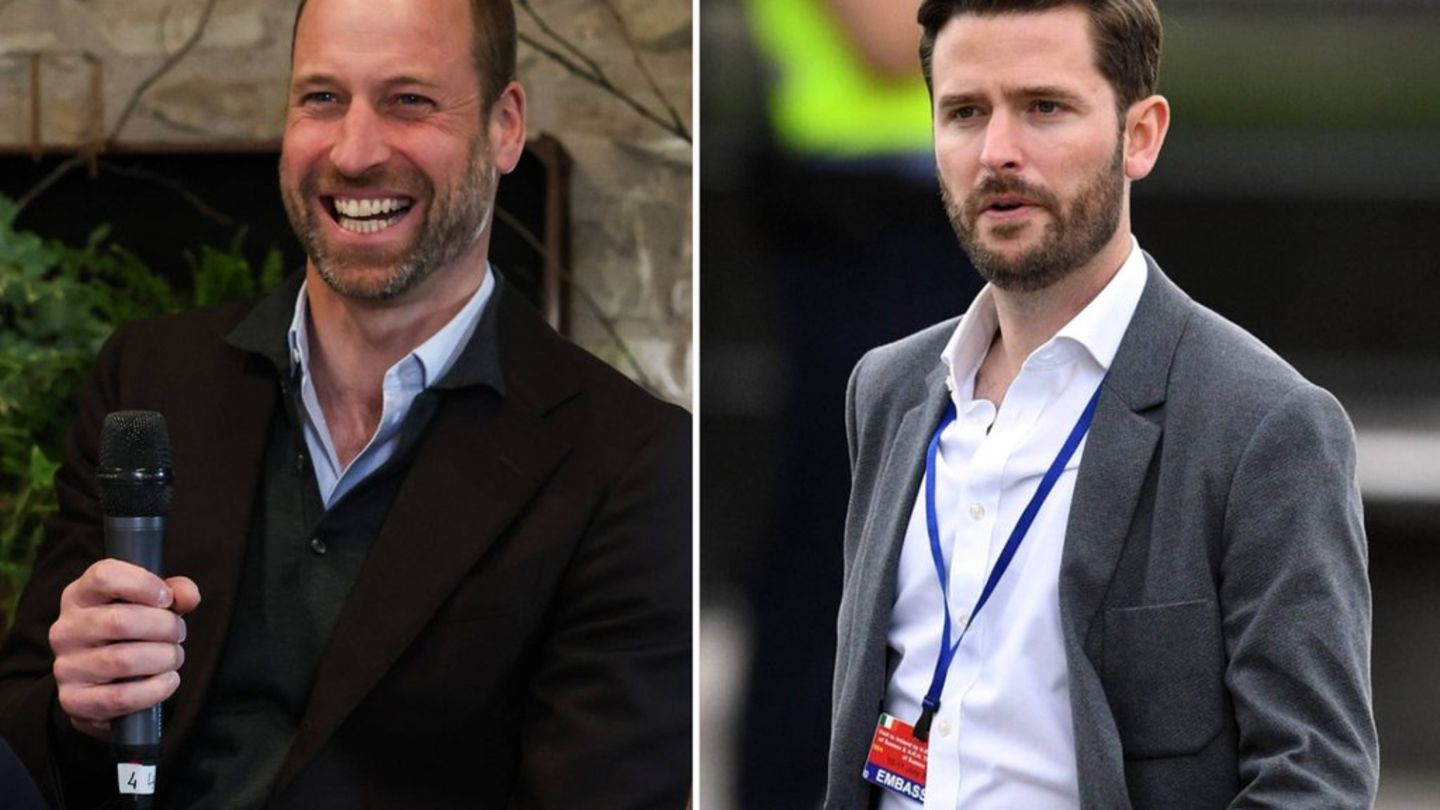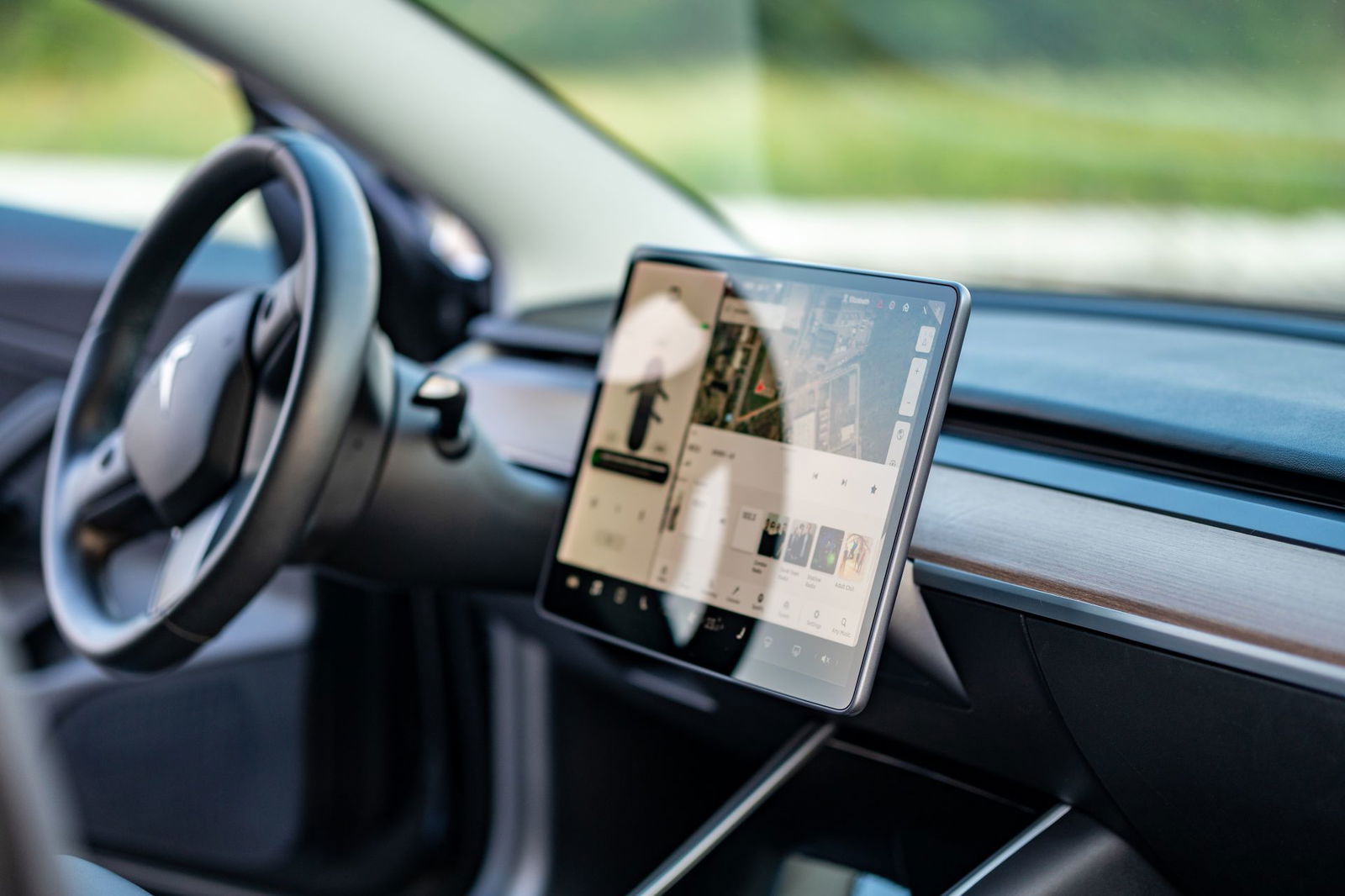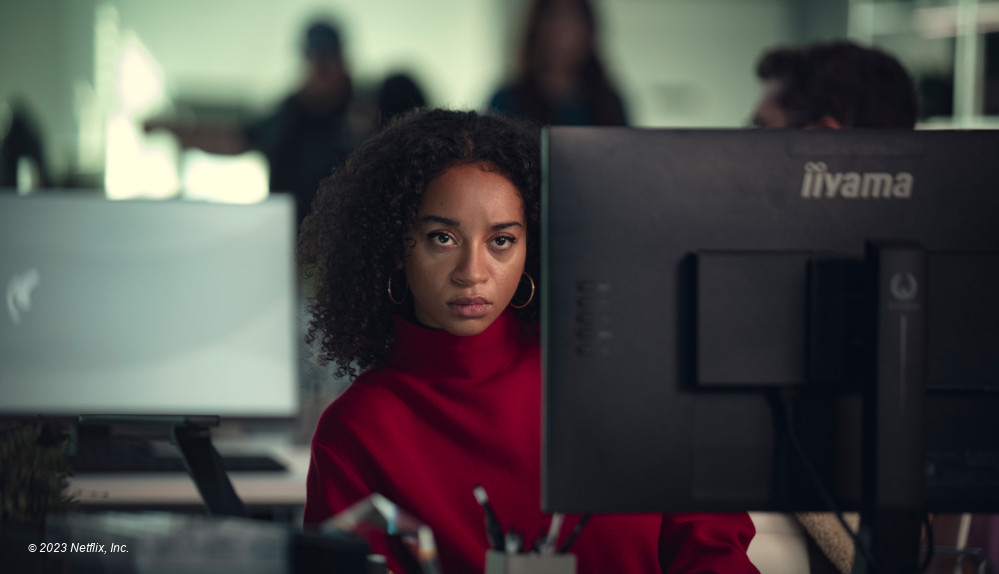Bitcoin and Bauxite in the Rainforest
In Suriname, presidential candidate Maya Parbhoe promises to introduce a Bitcoin standard. Since then, the Caribbean country has been considered a hidden gem among Bitcoin nations, as the next true El Salvador. We took a look on the ground and even met Maya herself.

In Suriname, presidential candidate Maya Parbhoe promises to introduce a Bitcoin standard. Since then, the Caribbean country has been considered a hidden gem among Bitcoin nations, as the next true El Salvador. We took a look on the ground and even met Maya herself.
In our country, there are certain expectations of a politician. You might even say, prejudices.
When Maya Parbhoe started talking about „shitcoins,“ when she said „we trojan horse into the financial system“, when she boasted about having been in a Telegram group with Charlie Shrem, Phil Potter, and Samson Mow—my instinctive assumption was that here sat a politician who had learned to speak Bitcoin slang to impress voters. That’s how it is supposed to be, after all.

Maja Parbhoe
But we are not in Germany, we are in Suriname. We are sitting in the back room of a house in the better part of the capital, Paramaribo. Here, supermarkets also sell fresh vegetables and canned asparagus. The houses are less dilapidated than in the rest of the city, the balconies are not barred, the gardens are not girded with barbed wire. Just a security guard with a holstered pistol securing the entrance.
At the latest, when the conversation turns to El Salvador and the Bitcoin reserve, we realize that Maya Parbhoe is not a politician who speaks Bitcoin but a Bitcoiner making politics, even a maximalist, perhaps even a toxic maximalist, a woman with her own mind.
Maya wants to become president in the elections in a few months to make Suriname a Bitcoin nation. She plans to make Bitcoin the nation’s currency. Since then, Suriname has been seen as the new ray of hope for national Bitcoin adoption, a sort of secret tip for Bitcoin travelers.
I was fortunate enough to be part of a German-Dutch travel group, organized by Fulmo, to get to know Suriname and Maya.
Rainforest and Swamps
Since Suriname used to be a Dutch colony, we take off from Amsterdam. And there couldn’t be a more fitting start.

Amsterdam from the train.
The Netherlands, with more than 500 inhabitants per square kilometer, is the most densely populated state in Europe. From the airplane, you can see the flat land, everything is orderly, cemented, parceled, and built upon. Not a centimeter has remained wild; everything is subjected to the planning spirit of humans.
Suriname is the complete opposite. We fly for a good half hour from the coast to the airport. You see … nothing: swamps, rainforests, trees that look like broccoli, rarely areas with reddish earth. No tracks, no roads, no cities, plots, or factories—just green and brown in a thousand shades.

Suriname is one of the least densely populated countries in the world. On an area almost half the size of Germany, about 630,000 people live, roughly 4 per square kilometer. Approximately half of the inhabitants reside in and around the capital, Paramaribo. The country’s army has 2,000 soldiers, the air force has two airplanes and three helicopters.
Paramaribo is located on the north coast, where the Suriname River meanders into a swampy delta and loses itself in mangrove forests. Paramaribo is known for its beautiful old wooden houses in the Southern style. In the capital, the two main roads of the country intersect, one running from west to east, the other from north to south. Both pass through increasingly thin settlements and then disappear into the jungle, which covers about 97 percent of the land.
„A ridiculous Excel spreadsheet“
Is Suriname a Bitcoin nation? The potential is certainly there.
First of all, „adoption is easy because we are a small country,“ says Maya. You don’t have to reach 10 or 100 million people, just 630,000. With a determined campaign and good word-of-mouth, that can happen rapidly.
Then Suriname has its own currency. „Unlike El Salvador, we are not dollarized. We feel the inflation, and we have our central bank, even if it’s crappy and doesn’t work. That’s still an advantage.“ The local currency, the Suriname Dollar, has been inflating for the last four years by 50-60 percent annually. It has fallen from 30 to 2.7 dollar cents in ten years. The economy is growing weakly, if at all, and purchasing power is visibly declining. The country is on the way to hyperinflation.

The Central Bank of Suriname
The financial system is virtually non-existent. Banks give loans but demand interest rates so high that domestic companies are automatically at a disadvantage. Maya has had her own experiences with this as an entrepreneur. Capital is expensive in Suriname.
Although there is a stock exchange, only twelve companies are listed, and trading occurs only on the first and third Thursday of every month. The exchange is „a damn Excel spreadsheet that goes around once a month, and it belongs to my ex’s family, who also own half of the port. They have a soap factory, a butter factory, and own 20 percent of the banks. It’s a joke!“
Suriname is likely what one would call a banana republic. A tropical, beautiful country suffering from over-indebtedness and corruption. Bitcoin, Maya believes, can fix this, and we gladly accept this hope. Why else has Bitcoin been created?
„With Bitcoin, everyone can see where the money flows.“
Maya is 36 years old with a turbulent life. When she was a teenager, her father was murdered. He was a famous man who had fought against corruption. „We were in the Netherlands because we were threatened by murder. I then saw on television how he was shot. It was broadcasted everywhere.“
She comes to this topic so quickly that I wonder if she is used to telling it for her campaign. That’s how we’ve learned it with politicians.

Paramaribo’s party mile by day.
Her father’s death plunged Maya into depression. Her grades worsened. On the advice of a psychiatrist, she sought new idols and found them in American entrepreneurs. She mentions Jeff Bezos and Bill Gates, but not Elon Musk. Does she do this because the name is too controversial? But isn’t Bill Gates controversial too?
At 15, she founded her first company, something to do with import and export. She founded another startup, as far as I understood, in road construction. In doing so, she learned the problems entrepreneurs in Suriname face—such as the lack of a financial system or low currency liquidity—and when she came across Bitcoin, she immediately realized how Bitcoin could help her country. She plunged head over heels into the famous rabbit hole that so many Bitcoiners know all too well…
What Bitcoin can do for Suriname
First, the obvious: Bitcoin can eliminate the inflation Suriname is increasingly suffering from.
With Bitcoin, Surinamers can save money, even if they don’t have access to foreign capital markets. A national Bitcoin currency would emancipate the masses dependent on the Suriname Dollar. Even in the deepest bear market, Bitcoin stores value better than the Suriname Dollar.
Then Bitcoin is much more liquid than the Suriname Dollar. It can be bought and sold in much larger quantities and with much lower fees and exchange rate losses. Bitcoin would massively simplify and scale Suriname’s foreign trade.

Hard to believe: The Ministry of the Interior of Suriname.
Maya also wants to replace the financial system with Bitcoin. As far as I understand, she is thinking of Second Layer solutions like Lightning and Nostr, as well as tokens. She is creating part of the infrastructure herself with a startup Daedalus Labs, which she co-founded in 2023 to develop a Bitcoin real estate fund.
If Bitcoin becomes the money and tokens on Bitcoin replace the capital market, it would be a great advancement. It could bring the liquidity the entrepreneurs need to the country. Tokens could represent shares, smart contracts could represent contracts, and everything would be transparent, secure, and up-to-date at any time.
Transparency against corruption
The transparency of Bitcoin is a significant advantage for Maya. „Bitcoin is completely transparent. Everyone can see where money flows, what revenues and expenses various ministries have. How on earth can they still be corrupt? I dream that we introduce a Corruption Bounty, like a Bug Bounty, where anyone in the world can investigate if there is corruption.“
At this point, I slowly realize that Maya is not just cursing. She does not speak like a politician to score points. She has thought thoroughly and independently.
Everyone we have spoken to complains about corruption. It’s the equivalent of bureaucracy in Germany—people lament about it but live with it. At the very least, it gives an excuse for everything. Due to corruption, illegal gold is mined, the historical, UNESCO-protected wooden houses in Paramaribo decay, including the ministries, Chinese operate 98 percent of all supermarkets, the Suriname Dollar inflates, and so on.
Maya now praises the transparency of Bitcoin. I think she has good reasons, and I share her vision. But most Bitcoiners do not like transparency; they prefer the privacy of a cryptocurrency. They value the autonomy it provides, not the control it allows.
Being in favor of transparency does not earn you points among Bitcoiners. But that’s not what it’s about for Maya. That becomes even clearer when she talks about the Strategic Reserve.
Norway instead of El Salvador
Maya is currently heavily pregnant. We had an appointment with her at 4 PM at the Bitcoin Embassy in her office building. We had returned from a three-day jungle trip around 2 PM. It was raining in Paramaribo, filling knee-deep potholes in the streets with brownish-red water, which soon evaporates, making the air even more humid.
In Suriname, it is continuously 25-35 degrees. There are no seasons as we know, winter, spring, summer, autumn are emptry words here. There is only dry and rainy seasons. Just now, we are in the small rainy season, the receptionist at the hotel explains to me, I suspect she has Indonesian ancestors. In the small rainy season, the sky is mostly cloudy and it rains frequently, but only gently, like drizzle, and the drops evaporate before they can gather on the ground.
In the hotel rooms, the air conditioning runs continuously. If you would turn it off, mold would quickly spread. As soon as you leave the room, the air hits you like a warm, wet wall, and for a moment, you feel as if you are moving through oil.

A common sight in Paramaribo: Barbed wire and grates.
A taxi takes us to the Bitcoin Embassy, where we have an appointment with Maya and are then invited by the Bitcoin community to a barbecue. In the taxi, reggae music plays, the driver writes on his smartphone in chats and places sports bets while navigating us through the city.
The Bitcoin Embassy is in a rather mediocre district of Paramaribo. Wherever there is something to take, grates, walls, and barbed wire protect the properties. Even the balconies are barred; from some walls, cemented broken glass bottles protrude.

The Bitcoin Embassy
But Maya is not there yet. We look around, inspect the Bitcoin ATM, and talk to her employee. He calls Maya, who was still sleeping, and explains to our taxi driver how to reach the place where the interview should take place.
„We are not El Salvador“
At Maya’s, we wait a while longer in a backroom. Then she enters, sleepy-eyed, sits her round belly on the sofa opposite us, sighs from the short motion’s exertion, and begins to talk before anyone asks a question. Several times during the conversation, she stops to drink water or fan fresh air to herself. „I’m overheating,“ she says, but continues immediately.
Maya discovered Bitcoin early, around 2012 or 2013. She was at many conferences and knows scene celebrities like Samson Mow, Max Keiser, or Stacy Herbert, who have been lobbying for Bitcoin with governments for about five years. Stacy also advised Maya to enter politics to achieve her goals.
When you talk about Bitcoin in Suriname, you quickly end up with El Salvador. The country is nearby, and it was the first to prove it was possible—that a government can adopt Bitcoin. In El Salvador, the concept of a Strategic Bitcoin Reserve emerged, something that the USA will now also have, China indirectly has, and the Saxony federal state discarded like a hot potato.
To our surprise, Maya firmly rejects such a Strategic Reserve. She justifies it liberally: „The reserve is controlled by the government, right?“ she exclaims, „Why would I want to empower the damn government? I want to abolish them. We don’t need them. Everything works better without them. The government doesn’t build roads; businesses do.“
Our group pauses, surprised. Really? „Yes, really not. Instead, I want a National Sovereign Fund that accumulates Bitcoins, like Norway,“ Maya replies.
But isn’t that the same in green, someone asks, perplexed?
No, she explains, „a sovereign fund belongs to the people, not the government, one can and must write into the constitution that they cannot simply spend the fund. We’ve needed to change our constitution for a long time anyway.“
After a short moment of amazement, the difference makes sense to us. The Bitcoins of El Salvador belong to the government of Nayib Bukele, the sovereign fund in Norway belongs to the people. The government can only tap a few percent annually.
One should not underestimate Maya in her flow of speech, meandering through the conversation like the Suriname River. She has thought about what she talks about. This fund, she says, should be filled with revenues from the exports of gold and oil.
„We are not El Salvador. We have an export economy; we have many goods we can sell for Bitcoin.“
Actually a wealthy country
Indeed, Suriname could be a wealthy country, and the Suriname Dollar, with its reverse-side scenes of the rainforest, could be a strong, proud currency, backed by the country’s rich natural resources. There is no definitive reason why Suriname is so heavily indebted and why people’s purchasing power is dwindling.
If you travel south from Paramaribo, the soil soon becomes reddish, like rust. The earth is rich in bauxite, an ore used to produce aluminum. Suriname has enough bauxite for the whole world. During World War II, it was so important for the U.S. aircraft industry that the German fleet sank a merchant ship in the Suriname River to block the port. You can still see the wreck.

The red-brown rusty bauxite is everywhere.
In the 60s, Suriname built the Brokopondo dam and an aluminum plant to process bauxite themselves. But after power supply problems, some say because climate change lowered the reservoir level, production stopped. The aluminum plant, the largest building in the country, is rusting away beside the north-south road , breaking the green monotony of the jungle.
The dam illustrates the dimensions Suriname deals with: It produces 108 megawatts when all eight turbines are running, about one-tenth of a nuclear power plant. It supplies the entire country, with additional diesel generators running at lower levels.

The aluminum plant in Suriname
Bitcoins were reportedly mined at the dam, by someone Maya also knew. But when she found out that the profit went only to the government and miners, she revealed it and stopped it—so she tells us.
Around the dam, physical gold is mined, not digital. Partly with licenses issued by the corrupt government to Chinese miners, but often illegally, by miners crossing the border from Brazil. The border is too long and the jungle too deep for Suriname’s few people to control the influx.
Most people we talk to here say nothing good about the gold miners: they are considered criminal and dangerous. „How should I fight against them?“ laughs an activist who accompanies us to an island in the reservoir, „I fight them, and they shoot me.“ The activist is a descendant of slaves and lives in the Netherlands. She wears a bright blue dress and says she is unafraid. „When you do the right thing, there’s no need to be afraid.“
Gold, due to its steeply rising prices, is currently Suriname’s main export. But people do not like it. More hope is placed in an oil rig being erected off the coast. A flame visible from many locations on the horizon burns gas escaping from drilling, like a beacon on the coast. Suriname hopes for smoothly flowing revenues from oil, hopefully transferred into a sovereign fund with constitutional control, ideally in Bitcoin.
No sugar out of principle
With its fertile soil and warm, humid climate, Suriname offers ideal agricultural conditions. „You stick a branch in the ground and have a tree the next day,“ said our city and jungle guide, Sandro.
Everywhere, palms grow: coconut, date, golden mary, grape palms, along with banana plants, mango trees, monstera deliciosas, and more. The climate is suitable for cultivating sugar cane, cocoa, tobacco, and coffee. However, you see very little agriculture in Suriname, mostly just coconut palms and banana plants.
Sandro explains the reason to us. It’s plausible but not easy to accept. We visit Fort Nieuw Amsterdam, a partly sunk in the swampy earth fortress made of clay. It was supposed to stop coastal pirates, now housing the national museum. Between the ruins, two large iron pots stand. Sandro and his assistant sing a Surinamese folk song about warm hands. The pots, he explains, were used to boil sugar molasses. The song laments the tortures slaves suffered.
„Work on the plantations was so cruel that today no one wants to cultivate sugar cane. We import our sugar from Europe, from the White Man.“ It’s similar with coffee, tobacco, and cocoa, probably also grain. At least, we saw no grain field. As if a collective trauma from slavery still prevents Surinamers from exploiting their agricultural treasures.

Cedar wood cathedral in Paramaribo
In the former prison of the fort, an exhibition exists. Each ethnic group, constituting the 630,000 Surinamers, has a cell. They are the African slaves the Dutch brought; then the Indians and Indonesians, replacing them as workers after slavery was abolished in the 19th century. Because they had poor contracts and working conditions, they are also considered victims of the system. In addition to them, there are Jews, Chinese, and Lebanese, along with some Dutch.
Suriname is extremely diverse, considering its population size. With its cathedral, synagogue, mosque, and mandir, the small Paramaribo is like a gathering point for world religions. Cultures, ethnicities, and religions seem to coexist peacefully here, even Jews and Muslims. The awareness of once being slaves unites the people, Sandro explains.
Seeing oneself as a victim indeed unites. We whites and Europeans, mainly the Dutch, do not belong to this.
Ecology through chaos
Throughout the trip, I keep thinking it’s wrong to look at Suriname through a Western businesslike lens. You instinctively wish the people that their country would become more like Germany or Holland—a stable democracy, an industrial country with prosperity, security, growth and a functioning, more or less well-meaning state.
And we, as Bitcoiners, wish that Bitcoin helps them do just that. That’s why we’re here after all.
Take the waste, for example. It’s everywhere. At the edge of the jungle near an indigenous village we visited, on the rusty beach of the Brokopondo reservoir, at roadsides and paths, under trees, and in public places—that’s simply how it is done here. You throw cans, plastic bottles, and bags wherever. Even the plane we flew back on was full of trash when it landed in Amsterdam.

A rare sight: People collecting trash, here at the Brokopondo reservoir.
Many in our group are bothered by it. We, as clean Germans and Dutch, sniff an ecological sin when waste is not put into bins but into nature. But when you think about it, when you envision the Netherlands, with every centimeter-parceled, trimmed, and concreted-over, and when you compare it with the wild, uninhabited, green Suriname where the earth’s lungs can still breathe with full force, where the cicadas‘ rising and falling rustle roars through the nights—you wonder if maybe the absence of that ordering mind is what saves the earth?
„I couldn’t live in Holland,“ Maya says, „I didn’t feel free.“ I ask her if it’s because everything is so full, as Holland is so densely populated and Suriname so sparse. „Not only that,“ she replies, „I can stand on a Swiss mountain peak, where I have also lived, and feel peace. But I only feel free here.“
If the Surinamers had our businesslike, ordering mindset, they would ensure trash is picked up. But they would also build more roads, more tracks, more factories, more concrete walls, more plantations; they would import workers for factories and clear the forest to build villages for them, like the Dutch once did.
Keeping the world clean and orderly also means conquering and subjugating it. It means interpreting and rationalizing it in economic patterns and terms—exploiting it. And that is precisely what Suriname doesn’t do, and that is, in a way, also what Sandro, our guide, infinitely missed when he lived for more than six months in Holland:
„Here, I can set up my tent wherever I want, and if I’m hungry, I can catch a fish or hunt in the forest. I miss that in Holland and feel unfree.“
Ready for the Bitcoin standard?
The differences from Western thinking stand out in so many ways. Time passes differently, everything takes longer, seems less organized. Many people in Paramaribo just sit there; they don’t fiddle with gadgets, read, talk, or tinker.
The pretty UNESCO World Heritage wooden houses of the old town are often dilapidated and decrepit. In some, trash piles up on the ground floor. From others, steel skeletons protrude without anyone building. Often, roofs have collapsed, and you don’t know if the house is inhabited or not. Even with some ministries, you’re not sure if it’s a ruin or not. Paramaribo is a bleak city in decline.
Does all that align with a Bitcoin standard? Doesn’t it require a certain sense of order, economy, and diligence, if not meticulousness, to dissolve the central bank, abolish the Suriname Dollar, and make Bitcoin the new means of payment (she plans to introduce currency freedom)?
Indeed, there are some shops accepting Bitcoin, a restaurant here, a tattoo studio there; according to online maps, more than 120 acceptance points in Paramaribo alone. Most people know what Bitcoin is, and when we urge our guide Sandro, his assistant, and our bus drivers to install a wallet to get some sats as a tip, they willingly comply.

Street scene in Paramaribo
The mobile network is excellent along the roads and in cities; I don’t recall us being in a dead spot. Conditions are good.
Nevertheless, no one in our group believes the paper Suriname Dollar could replace Bitcoin. Most businesses do not accept credit cards; you can pay with dollar bills, which are then exchanged generously.
How is it supposed to work with Bitcoin? Which wallet do people use? Do they know the difference between on-chain and off-chain?
Do they know that the popular Blink Wallet here entrusts their money to a third party? And what does that mean? Does Maya really want to force people?
How to lose $4,000
Even Maya’s own team can’t manage to keep Bitcoins safely. She tells us how her former assistant managed Bitcoins collected for a football team from a village south of the Brokopondo reservoir.
The assistant operated his wallet. But then he discovered a suspicious transaction and asked for advice in a Telegram group. There, he was asked to enter the seed phrase. He did, and… everyone guesses how it continues. If even a Bitcoiner, an employee of Maya, falls for such a simple, obvious trick—how will it be for an entire country? For retailers who do not even know a bank account? How do you explain to 630,000 people that they should never share a seed?
Furthermore, there is not even an exchange. Maya wanted to start one, collaborating with a company also working in El Salvador. The central bank wasn’t fundamentally opposed, but somehow, the project still failed.
How can you even exchange Suriname Dollars for Bitcoin? How do you get enough Bitcoin in circulation?
Why Bitcoin would still be sensible
Nonetheless, it would be sensible to replace the Suriname Dollar with Bitcoin wherever possible. Even at bad exchange rates and with lost keys, this would preserve wealth better than the Suriname Dollar.
Maya’s stepfather, accompanying us to the barbecue on the gridded rooftop terrace of the Bitcoin Embassy, tells me he runs a fish factory and exports fish. He brings dollars into the country, needing the Suriname Dollar to pay his workers, but mainly, it bothers him as it brings friction and losses. Bitcoin could help instantly here.
An adoption of the dollar, like in El Salvador, would initially seem more familiar. People here accept the dollar almost everywhere; removing the Suriname Dollars from circulation would be a much smaller step. But this would first require dollar structures and dependency on dollar banks. Bitcoin is ready today and demands nothing.
Likewise, transferring export surpluses as Bitcoin into a National Sovereign Fund would make sense. The country already exports a lot and can export much more. It can essentially scale its exports limitless; the only limit is how much jungle and land the country wants to preserve.
Moreover, Suriname has so much sun that it could easily become a mining power with photovoltaic electricity. The potential Bitcoin has for the small country is enormous.
No illusions
However, one should not have any illusions. Maya is running for the second-largest party and is in 21th place on the list. The number is no accident. She has excellent chances of making it to parliament and possibly becoming part of the government. But her becoming president is very unlikely.
And even if… Maya is a passionate Bitcoiner and probably a talented entrepreneur who breathes the spirit of tech and startups. But much of what she does seems to peter out or fail due to conflicts.
Terence, the likable and committed employee we met at the beginning of the week, was dismissed by the end of the week, and Maya talked at length about him. The company that was supposed to build an exchange for her botched it in her narratives. Her own company, Daedalus Labs, has had a website for two and a half years but no news on the blog she maintains for two years.
How is a woman who fails to set up an exchange, launch a Bitcoin startup, retain an engaged assistant—how is she supposed to bring an entire country to a Bitcoin standard?
… and even if …
And even if Maya becomes president and succeeds in implementing her Bitcoin ideas—even then, the outlook is rather bleak.
Because Suriname is deep in debt with the International Monetary Fund (IMF). The volume of the credit program is rather small in absolute terms, at $430 million, but relative to population and economic strength, it’s massive. The debt with the IMF corresponds to about one-seventh of the GDP, $700 per capita.
The IMF, as we know, has little love for Bitcoin. Even El Salvador, a larger and better-organized country, had to back down and wind up the Bitcoin project to secure another credit line. Even El Salvador— with healthy growth, low inflation, and a much lower debt ratio—didn’t become independent of the IMF.
How is Suriname supposed to succeed then? The prospects for a Bitcoin standard or Bitcoin Sovereign Fund are not particularly good.
But who knows? Maybe Maya will succeed in opening politics to Bitcoin, even if it’s just small steps that realize only part of the enormous potential that Bitcoin has for the country. But one shouldn’t expect too much.




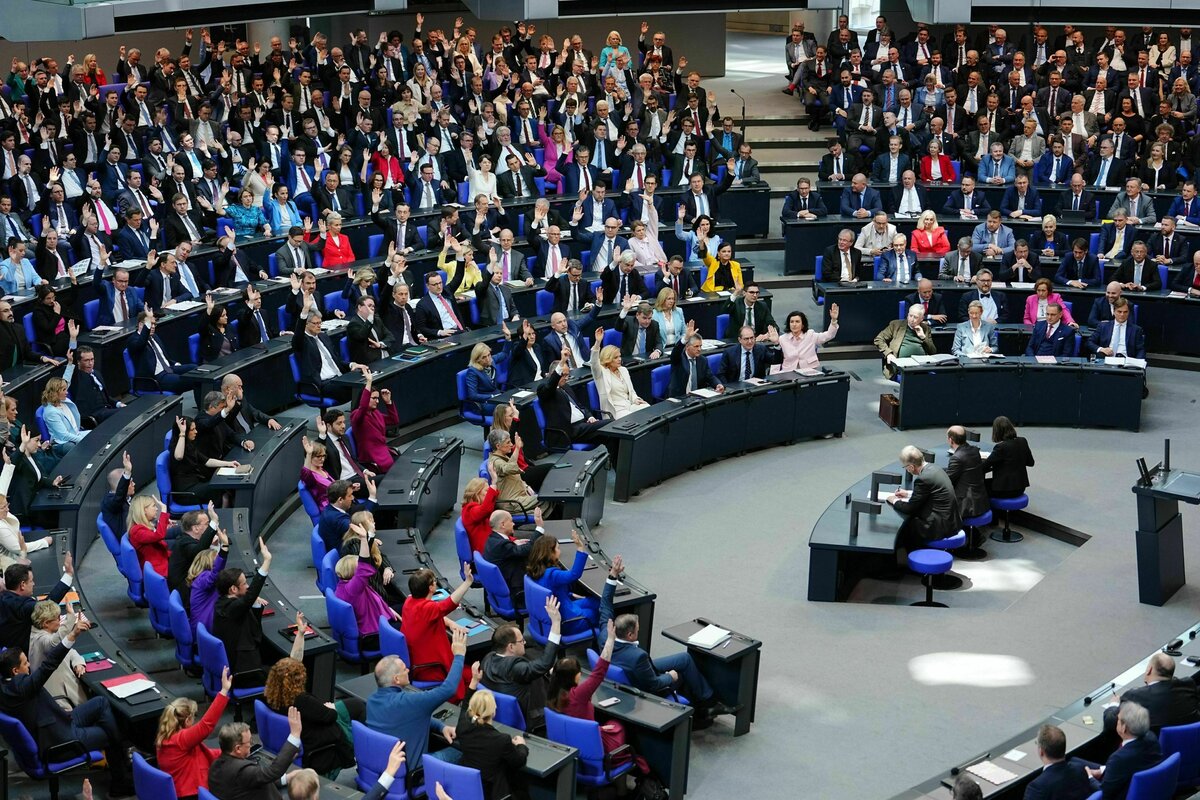
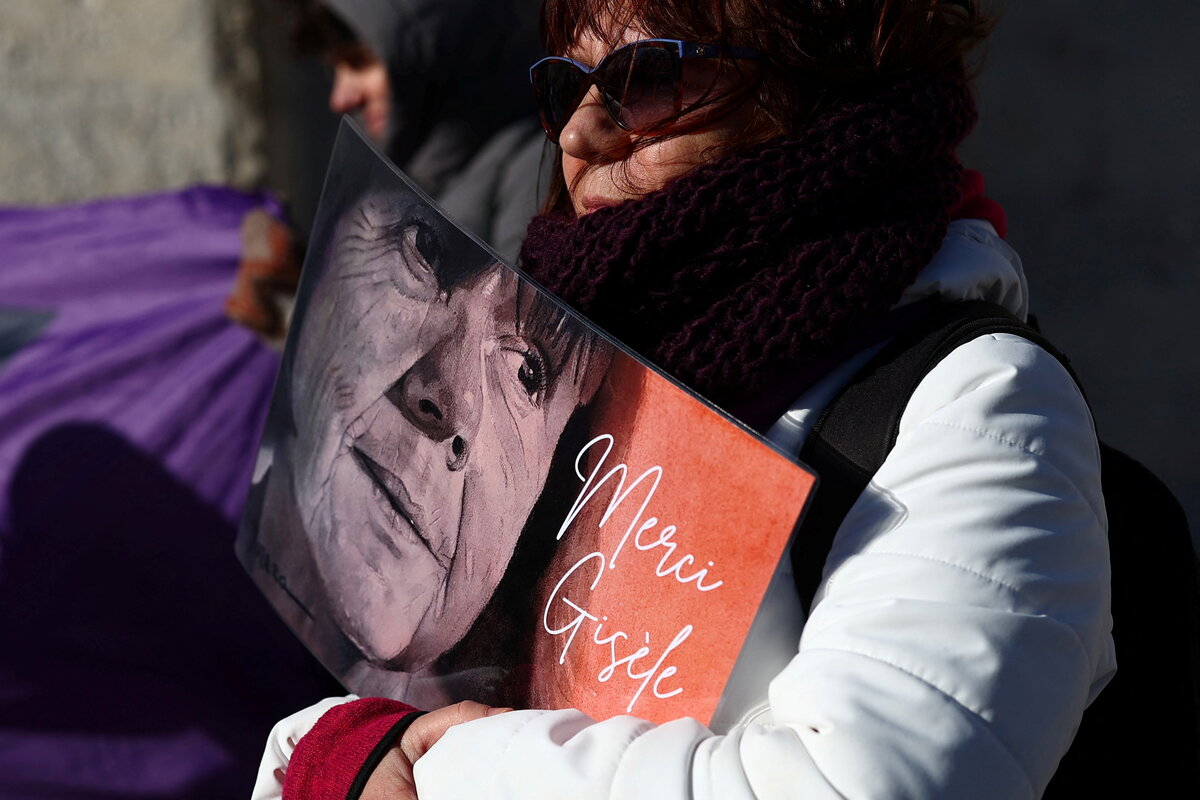



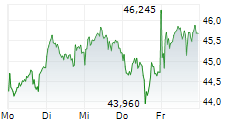
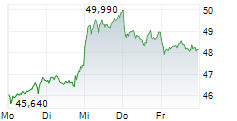




:quality(80)/p7i.vogel.de/wcms/24/c4/24c463bcbdd29c1d6b870b676a7c91c1/0123887278v1.jpeg?#)
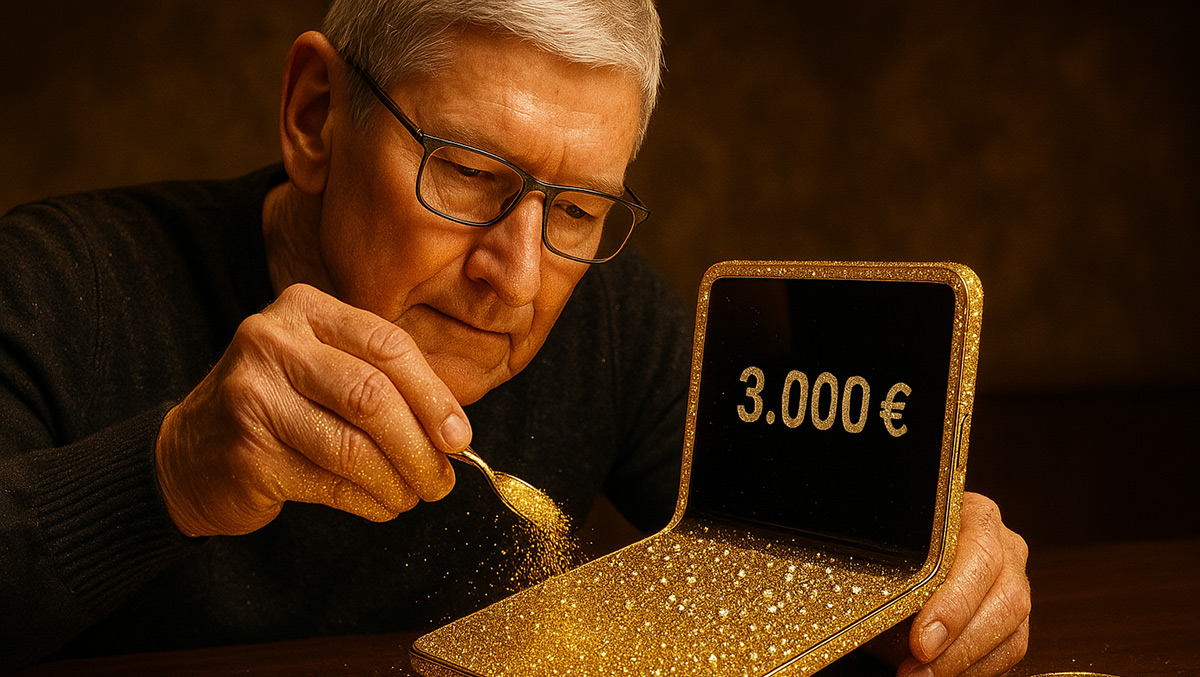






:quality(80)/p7i.vogel.de/wcms/57/ee/57eedd11c2043e71aadc1828a06e3063/0124267466v2.jpeg?#)
:quality(80)/p7i.vogel.de/wcms/aa/be/aabe28802bb6011fa4674c0846129ada/0124123611v2.jpeg?#)
:quality(80)/p7i.vogel.de/wcms/c4/b5/c4b5f9ba2c6a913088a84b641e36de3f/0124266663v2.jpeg?#)



